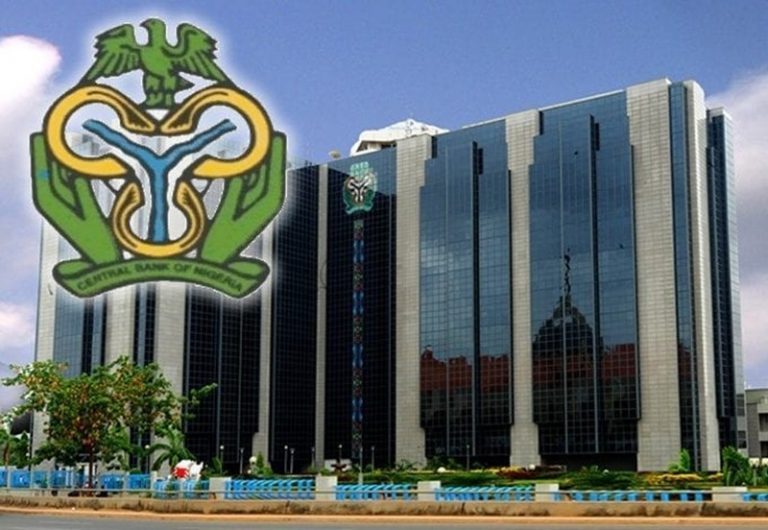
The latest Purchasing Managers’ Index (PMI) report from the Central Bank of Nigeria (CBN) for July 2024 underscores persistent challenges in Nigeria’s labor market, revealing that the Composite Employment Index has continued its downward trajectory for the seventh consecutive month.
The index registered at 48.7 points, indicating a contraction, though it showed a modest improvement from June’s 48.3 points. Despite the slight uptick, the sustained contraction highlights the ongoing difficulties businesses face in maintaining or expanding their workforce in the face of growing economic headwinds.
The report noted, “At 48.7 index points, the Composite Employment Level indicated contraction in July 2024 for the seventh consecutive month. The index improved in July 2024 compared to the 48.3 points recorded in the previous month.”
Register for Tekedia Mini-MBA edition 19 (Feb 9 – May 2, 2026): big discounts for early bird.
Tekedia AI in Business Masterclass opens registrations.
Join Tekedia Capital Syndicate and co-invest in great global startups.
Register for Tekedia AI Lab: From Technical Design to Deployment (next edition begins Jan 24 2026).
Employment Levels in Key Sectors
The downturn in employment levels was widespread across various sectors, with 18 subsectors reporting contractions. Notably, the Printing & Related Support Activities subsector experienced the most significant decline, reflecting the broader struggles of industries grappling with operational challenges.
On the other hand, the Primary Metal subsector remained stable, with no changes in employment levels, while 17 subsectors, including the Petroleum & Coal Products subsector, reported increases, with the latter showing the highest employment levels.
“Eighteen subsectors reported a contraction in Employment, with Printing & Related Support Activities recording the highest decline in the review month. The Primary Metal subsector remained unchanged, while the remaining 17 subsectors reported increased Employment Levels, with the Petroleum & Coal Products subsector having the highest Employment Level,” the report said.
The PMI, which gauges the economic health of the manufacturing, services, and agricultural sectors, painted a nuanced picture. While there was a marginal improvement in the employment index, the overall contraction in employment levels across these sectors signals ongoing challenges. The industrial sector, in particular, saw its employment index dip to 47.0 points, underscoring persistent workforce reductions in critical subsectors such as Printing & Related Support Activities and Primary Metal.
In contrast, the services sector remained flat at 50.0 points, with growth in some subsectors offset by declines in others. The agricultural sector also continued its downward trend, with the employment index falling to 47.8 points, driven by significant declines in the Fishing/Fish Farming and Livestock subsectors.
The broader economic situation remains troubling, with the most recent unemployment data from the National Bureau of Statistics (NBS) showing an increase in Nigeria’s unemployment rate to 5.0% in the third quarter of 2023, up from 4.2% in the previous quarter. This uptick in unemployment, coupled with the declining labor force participation rate, underscores the urgent need for effective policy interventions to address the labor market’s fragility.
The CBN’s PMI report also highlighted a continued contraction in economic activities, marking the 13th consecutive month of decline since June 2023. Despite a slight improvement, with the PMI standing at 49.7 points in July compared to 48.8 points in June, the data still signals a contraction in economic activities. This improvement was driven by expansions in output level, suppliers’ delivery time, and stock of inventory, even as new orders and employment contracted during the period.
Government’s Tax Breaks to Spur Employment
Against the backdrop of a declining employment rate, the Nigerian government has introduced tax incentives aimed at encouraging companies to boost their workforce. Under this new initiative, companies that significantly increase their employment levels will be eligible for substantial tax breaks. This policy is part of a broader strategy to stimulate job creation and mitigate the ongoing contraction in the labor market.
The ongoing contraction in employment levels, despite slight improvements, points to deep-seated issues within Nigeria’s economy, according to economists. While analysts have lauded the government’s tax incentive program, they warned that the effectiveness of such measures will depend on their ability to address the underlying challenges faced by businesses across various sectors.



